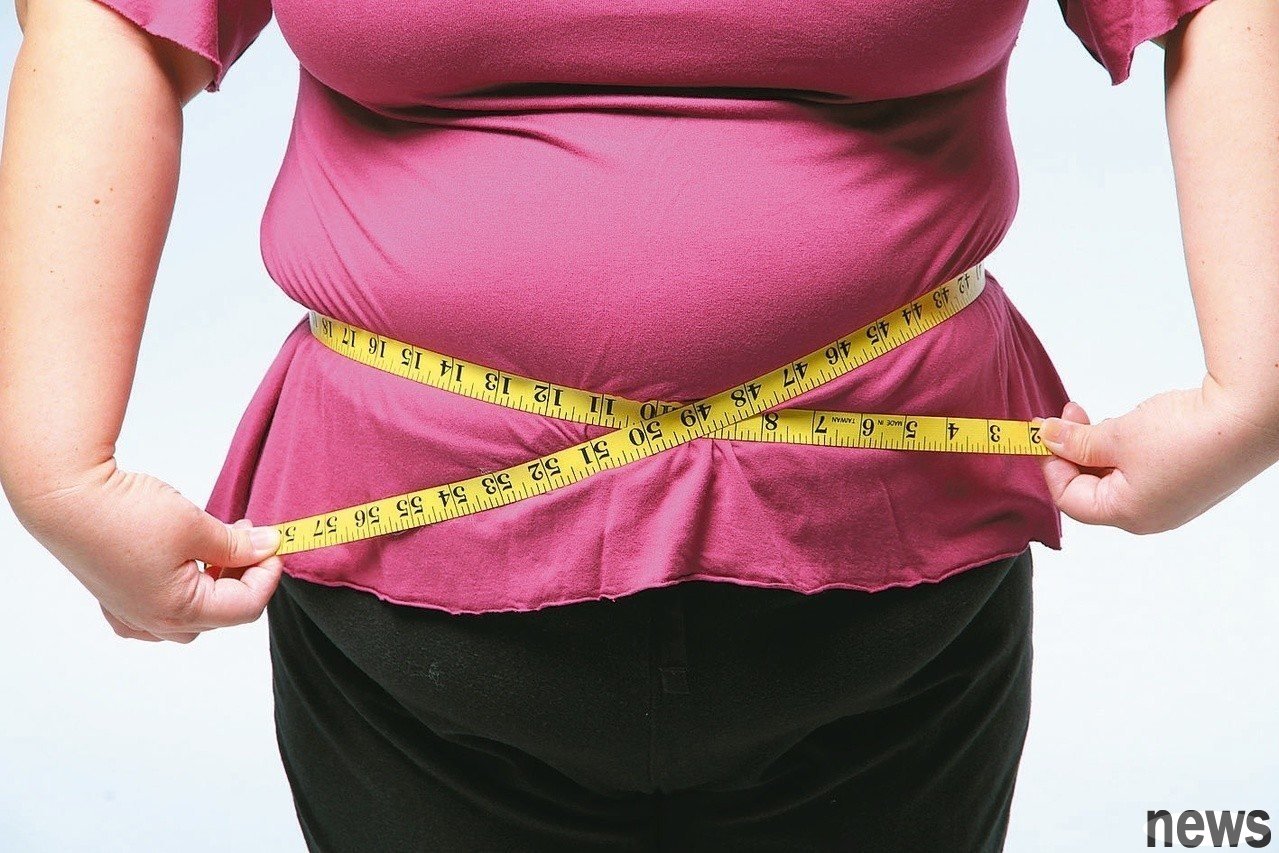Vitamin D and estrogen deficiency. Women are prone to symptom. As women age, they will face the risk of postmenopausal estrogen reduction, which causes various diseases. Among them, bone relaxation problems are the most common. Scientists are also t...
 Vitamin D and estrogen deficiency. Women are prone to symptom. As women age, they will face the risk of postmenopausal estrogen reduction, which causes various diseases. Among them, bone relaxation problems are the most common. Scientists are also trying to find ways to prevent postmenopausal women's bone relaxation and other diseases. A new study shows that vitamin D and estrogen can work together, which not only may promote bone health in menopausal women, but also reduce the risk of tropophilia. According to the Medical NewsToday report, this study collected 616 menopausal women participating in the experiment in southern China. The subjects were between 49 and 86 years old, and found that the concentration of vitamin D in their serum was positively related to the estrogen level. The research team said that women with higher levels of vitamin D in their body have healthier blood pressure, blood sugar and blood lipid data. On the contrary, the intraocular estrogen concentration is too low, which has adverse effects on female blood pressure, citric sterol, and triglycerides. Through research results, it can be found that women with vitamin D and estrogen deficiency are more likely to develop modern epilepsy syndrome.
Vitamin D and estrogen deficiency. Women are prone to symptom. As women age, they will face the risk of postmenopausal estrogen reduction, which causes various diseases. Among them, bone relaxation problems are the most common. Scientists are also trying to find ways to prevent postmenopausal women's bone relaxation and other diseases. A new study shows that vitamin D and estrogen can work together, which not only may promote bone health in menopausal women, but also reduce the risk of tropophilia. According to the Medical NewsToday report, this study collected 616 menopausal women participating in the experiment in southern China. The subjects were between 49 and 86 years old, and found that the concentration of vitamin D in their serum was positively related to the estrogen level. The research team said that women with higher levels of vitamin D in their body have healthier blood pressure, blood sugar and blood lipid data. On the contrary, the intraocular estrogen concentration is too low, which has adverse effects on female blood pressure, citric sterol, and triglycerides. Through research results, it can be found that women with vitamin D and estrogen deficiency are more likely to develop modern epilepsy syndrome.
A stomach stuck in the stomach is "center obesity"! Women should take enough vitamin D
and have five main indicators of female trophiopathy, including central obesity, excessive triglycerides, excessive HDL (high density lipoprotein), total sterol, blood pressure and blood sugar. Among them, the most common thing for menopause women is the so-called central obesity. Judging from the standards of Asian women, waistlines larger than 31.5 inches are considered central obesity. In addition, blood pressure higher than 130/85 mmHg and fasting blood sugar greater than 100 mg/dl have all reached the judgment standard for the epidemiotic syndrome. Because symptom increases the risk of hypertension, diabetes, heart disease and other cardiovascular diseases in women, it is the most important health issue to pay attention to during menopause.
When it comes to gratitude syndrome, we cannot consider it as an easy "middle-aged blessing". According to the 2015 study of "Medical Journal of the American Medical Association" JAMA, nearly 35% of American adults and 50% of the population over the age of 60 suffer from gratitude syndrome. The research team believes that this experiment showed the coherent effect of estrogen concentration and vitamin D and the positive impact on women after menopause. Professor JoAnn Pinkerton, director of the North American Women's Association, pointed out that the Endocrine Medicine Association has proposed new suggestions that the vitamin D level in menopausal women should be maintained above 30ng/mL. However, Professor Pinkerton supplemented that whether appropriate vitamin D is effective in protecting cardiovascular needs further evidence.
Although vitamin D is called yang vitamin, it has been proven to be similar to systemic hormones, affecting more than 200 genes in the human body. Its main function is to maintain the health of bones and teeth, as well as normal operation of the immune system, brain, and nerves, and to help the normal secretion of insulin, and even have effects on cancer prevention. When vitamin D is insufficient, in addition to being prone to illness and infection, it also causes back pain, muscle aches, depression, fatigue, and even hair loss. However, it is still necessary to use a doctor to check the blood to determine whether it is a problem of vitamin D deficiency.
【For more information, please visit the "Daily Health" and "Daily Health" fans. 】